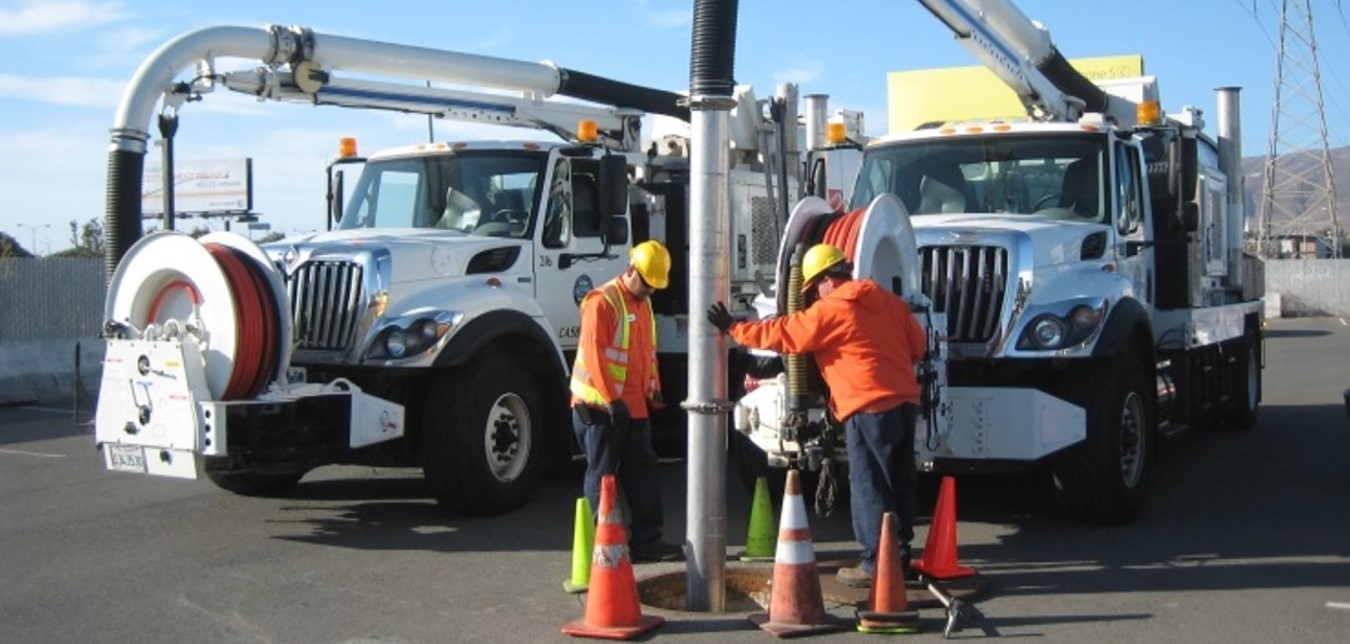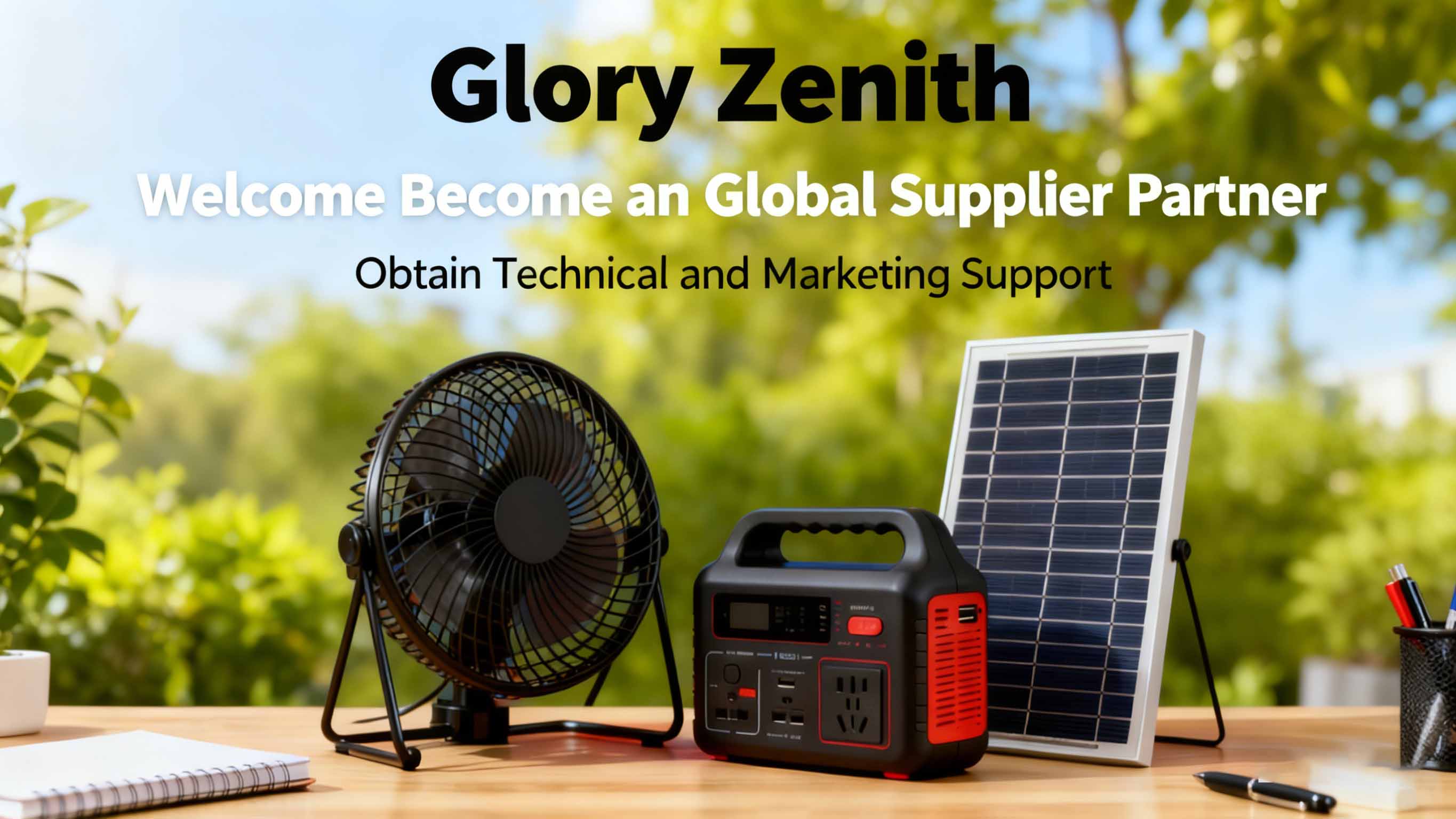Aug 15, 2025
A stable and reliable 6000W Industrial Portable Power Station is crucial for scenarios such as construction sites, emergency rescue operations, large-scale events, and industrial maintenance. 6000W-class industrial mobile power banks, combining high-energy-density energy storage units, robust output interfaces, and efficient management systems, can provide continuous power during power outages, field operations, or temporary peak power demand. This article will systematically analyze the value and challenges of this type of product from the perspectives of technical principles, core components, typical applications, performance evaluation, usage and maintenance, and market trends.
I. Product Positioning and Core Value
Positioning Overview
Target Users: Construction teams, hazardous area operations teams, emergency rescue units, event organizers, 3000W Battery Powered Generator, and other scenarios requiring high-power, portable power.
Key Selling Points: High output power (6000W-class), portable/mobile design, fast charging and discharging capabilities, multiple power supply ports, rugged industrial-grade construction, and intelligent protection and management. Core Value
Improving Field Operation Efficiency: Providing reliable primary/backup power when there's no stable utility power or when multiple devices need to be powered in parallel.
Enhancing Safety and Reliability: Multiple built-in protection mechanisms reduce equipment damage and personal injury risks.
Enhancing Flexibility and Interoperability: Supporting multiple output interfaces and on-grid/off-grid operation modes (depending on the model) facilitates interoperability with field equipment, generators, photovoltaic systems, and other energy systems.
II. Key Technical Architecture and Performance Highlights
Energy Storage Unit and Battery Technology
Common battery chemistries: Lithium iron phosphate (LiFePO4) or other high-energy-density battery types, emphasizing safety, cycle life, and thermal stability.
Energy Density vs. Weight: Optimizing the appropriate capacity configuration for 6000W output requirements ensures long runtime and manageable device weight.
Thermal Management: High power output generates heat, requiring the integration of efficient air or liquid cooling systems, as well as heat transfer materials and a thermal sensor network. 2. Inverter and Output Interface
Output Type: Mainly AC output, commonly single-phase 220V/50-60Hz. Some models support three-phase output or multiple branch lines.
Current Capacity and Stability: Transient overload capacity, output voltage stability (voltage/frequency stabilization), harmonic control, and power factor management.
Output Port Variety: Standard outlets, industrial plugs, NEMA, C13/C19, and other interfaces, as well as auxiliary interfaces such as DC output and USB-C, depending on the model.
Charge and Discharge Management and Protection
Charging Strategy: Supports direct charging, charging from the external grid, and even parallel charging with generators/photovoltaics.
Protection Mechanisms: Overload, short circuit, overtemperature, undervoltage, overcharge, and reverse phase protection ensure safety in harsh environments.
Intelligent Monitoring: The embedded microprocessor monitors battery temperature, voltage, current, and status, providing remote monitoring and alarm capabilities (if IoT functionality is available). Structure and Durability
Body Material: Aluminum alloy, steel, or composite materials, offering shock, impact, and humidity resistance.
Protection Rating: IP ratings (e.g., IP54/IP65) and dust and water resistance make this device suitable for construction sites and outdoor environments.
Portability: Features include carrying handles, anti-vibration legs, and folding/sliding mechanisms for improved on-site transport.
III. Typical Application Scenarios
Industrial Sites and Construction
Site lighting, power tools, and lifting equipment require stable, long-term power support, especially at temporary and remote construction sites.
Emergency and Rescue
Post-disaster recovery, field rescue, emergency communications, and mobile command centers require reliable, independent power supplies to reduce reliance on external power grids.
Events and Film Production
Live performances, film shoots, event setups, and best portable solar charger require high-power power supplies that are flexible, portable, and quickly deployable.
Retail and Commercial Scenarios
Temporary exhibition booths, outdoor markets, and temporary offices require stable power distribution solutions to enhance the event experience and enhance work efficiency. IV. Performance Evaluation and Selection Key Points
Key Performance Indicators
Maximum output power: 6000W (peak/continuous output needs to be differentiated, specific information is subject to product specifications).
Capacity and Endurance: Rated capacity (kWh), operating time at rated load, discharge efficiency, and energy efficiency ratio.
Voltage and Frequency Stability: Output voltage deviation, frequency fluctuation, and power factor.
Heat Dissipation and Noise: Temperature rise under high load and fan noise level.
Reliability and Lifespan: Battery cycle life, system failure rate, and warranty policy.
Compatibility and Scalability
Compatibility with field equipment: Output interface type, cable length, branch box configuration, etc.
Interoperability with other energy systems: Support for grid connection, parallel operation, PV/generator parallel power supply, and thermal management recovery.
Operating Cost and Total Cost of Ownership: A comprehensive evaluation of initial purchase cost, maintenance cost, battery replacement cost, energy cost, and service life.
Safety and Compliance
Compliance with certifications and standards (such as CE, UL, IEC, and FCC), as well as local electrical safety regulations and occupational health and safety requirements. V. Usage and Maintenance Recommendations
Installation and Wiring
Place the device in a well-ventilated, dry area away from flammable materials to ensure proper heat dissipation and a safe distance.
Ensure the floor's load-bearing capacity meets the device's weight and vibration requirements, and use anti-slip and anti-vibration mats.
Daily Operation Tips
During high power output, avoid starting multiple high-consumption devices simultaneously, which may cause excessive instantaneous shock.
Regularly inspect the output cables, connectors, and plugs for wear and ensure proper contact.
Maintenance and Care
Perform regular battery health checks and capacity tests; follow the manufacturer's specified charging, discharging, and cycle testing procedures.
Clean and protect the entire device from dust, paying attention to the heat dissipation vents to prevent dust accumulation and reduced heat dissipation efficiency.
Safety Precautions
Avoid prolonged exposure to humid environments and prevent moisture from entering controlled areas.
Lock the device when power is off/disabled, and comply with local electrical safety regulations.
VI. Market Trends and Future Developments
Technological Evolution
Higher energy density batteries, more efficient inverters, and smarter power management systems will drive the widespread use of 6000W-class mobile power banks. Integration with the Internet of Things (IoT) enables remote monitoring, predictive maintenance, and data analysis, improving operational efficiency.
Application Ecosystem and Business Model
Leasing and Service-Oriented: Provides a comprehensive leasing and maintenance solution for large-scale events or temporary projects.
Modularity and Scalability: Modular design enables on-demand expansion of capacity and output power, reducing initial investment.
Safety, Compliance, and Standardization
As the market expands, international and regional standards and certification systems will be further refined, promoting cross-border procurement and global deployment.
VII. Case Studies and Practical Experiences (Illustrative)
Case A: A temporary power solution for a construction site. A 6000W mobile power bank serves as the primary power source, ensuring continuous operation of tools and lighting, improving construction efficiency and safety.
Case B: A mobile command post for an emergency rescue team utilizes a high-power mobile power bank to ensure continuous operation of communications, signal amplification, and data processing equipment.
Case C: A field film and television shoot uses a power backup source to reduce noise and emissions from hauling generators. 8. Key Points for Purchasing and Shopping Checklist
Specification Comparison Key Points
Output type, rated power, peak power, capacity, charge/discharge speed, number and type of ports.
Weight, size, mobility design (wheels, handles, support legs, etc.).
Ingress protection, operating temperature, noise level, thermal management strategy.
Purchasing Considerations
Brand and after-sales service network: warranty coverage, technical support, and spare parts availability.
Compatibility Assessment: power requirements of field equipment, plug type, and cable length.
Maintenance Cost Assessment: battery replacement cycle and cost of consumable parts.
9. Conclusion
The 6000W industrial mobile power bank represents a new era in field power. Combining high power output, flexibility, and intelligent management, it provides stable and reliable power support in changing field conditions, helping companies and teams improve efficiency, reduce risks, and achieve higher levels of field collaboration. With the continuous advancement of energy technology, advanced battery materials and high-efficiency inverter technology, 6000W-level mobile power supplies will further develop in the direction of "buy and use, plug and play, and borderless deployment", becoming an important part of modern industry and emergency scenarios.
Read More
 Mail Us : service@zgsscr.com
Mail Us : service@zgsscr.com Call Us: +86 18039889808
Call Us: +86 18039889808 Mail Us : service@zgsscr.com
Mail Us : service@zgsscr.com Call Us: +86 18039889808
Call Us: +86 18039889808

